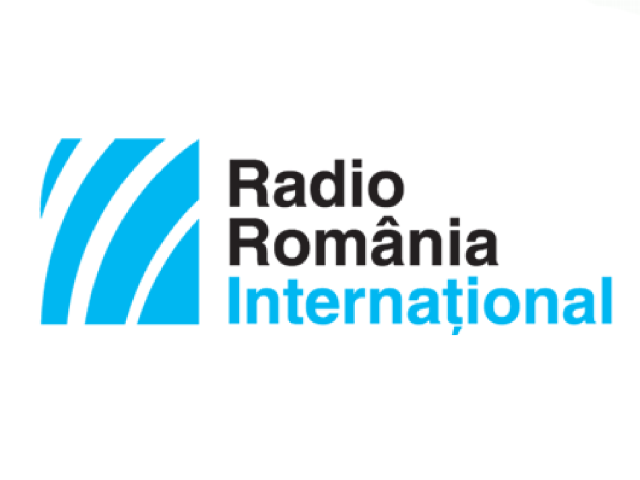How exposed are NATO states?
Against an increasingly complex security situation, NATO takes measures to cope with current and future challenges.

Corina Cristea, 18.06.2021, 14:00
Against the backdrop of an increasingly complex security situation, NATO is
taking steps to ensure it can cope with current and future challenges. NATO
leaders, who met at a summit in Brussels, approved NATO 2023 – the most important
package of measures in recent decades by which the structure seeks to adapt
itself. This includes, among others, a new policy of cyber defence, a new commitment
with respect to resilience, and, as a first, tackling the security consequences
of climate change. Europe and North America must stand strong together in
NATO. To defend our values and our interests. Especially at a time when authoritarian
regimes like Russia and China challenge the rules-based order, emphasised NATO
secretary general Jens Stoltenberg. He said member states are worried about
what he called China’s coercive policies and the challenges these pose to the
security of the North Atlantic Alliance. He also mentioned the rapid expansion
of China’s nuclear arsenal and its joint exercises with Russia in the Euro-Atlantic
area, as well as China’s use of misinformation.
In an interview to Radio Romania, the head of the
Centre for Conflict Prevention and Early Warning Iulian Chifu made an analysis
of the document approved by NATO leaders:
Russia remains the main enemy and the range of
threats coming from Russia were clearly articulated, even more so than at the
NATO summit in Warsaw, with the entire array of threats posed by Russia being
named and exposed. China is mentioned for the first time in this document, as a
strategic challenge. We’re seeing here rising concerns about China and we’re
also seeing the migration from let’s say Afghanistan and external terrorism to
an area where the main concern is cyber-attacks and especially that very topical
and very important component of security, namely technological security. Romania
managed to achieve its targets, first of all at Allied level and secondly and specifically
with respect to the defence and consolidation of the defence and deterrence
posture on the eastern flank and the references to the Black Sea and the Allied
concerns in the wider Black Sea area and of the Euro-Atlantic centre for
resilience established in Bucharest and which is intended as a NATO centre of
excellence.
History books tell us that Eurasia never had two hegemons
– right now, China and Russia have certain common interests dictated by America’s
superpower status in the last 30 years, says Romania’s former foreign minister,
professor Adrian Cioroianu in an analysis of the current geopolitical situation.
In his opinion, while the two may forge an alliance in the medium term, in the
long term the question naturally arises: what kind of long-term interests do
they have in common? Adrian Cioroianu:
Things may look like the two are heading towards a
form of cooperation against the West, but they may equally lead to tensions,
because the two are sharing an area of influence, an area of dominance, and
from this point of view, I believe Russia may go down on NATO’s list of
priorities because Russia is a rival over influence in Europe, but not one that
is growing as is the case with China.
Adrian Cioroianu explains China’s increasingly strong
emergence on the NATO agenda through a completely unexpected fact that occurred
in the last decade, something not even seen during the Cold War:
During the Cold War, when the West was in competition
with the Soviet Union, the West and in particular the US held the technological
supremacy at all times. Regardless of how much the Soviet Union invested in
arms or space technology, the Americans were always one or two steps ahead. From
this point of view there are fears, especially in recent years, in last five
years probably, ever since there is awareness of this fact, that in certain
areas of technological research such as artificial intelligence, which is based
on the collection of data, China may in some respects be ahead of the West
right now. In the global world in which we live, the idea of borders practically
does not exist any longer. The NATO secretary general put it very eloquently
when he said that when it comes to cyber borders we are all neighbours, hence
this idea that China is advancing quickly towards the borders, the digital
borders, which may translate as cyberespionage, intellectual theft and the
theft of data from large consortiums and big global enterprises.
Such accusations have been made and from this point of
view, says professor Cioroianu, ongoing competition is being waged in the
realms of top technology and artificial intelligence. (CM)






























